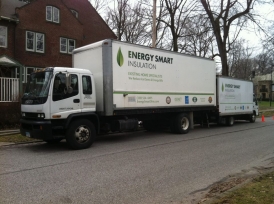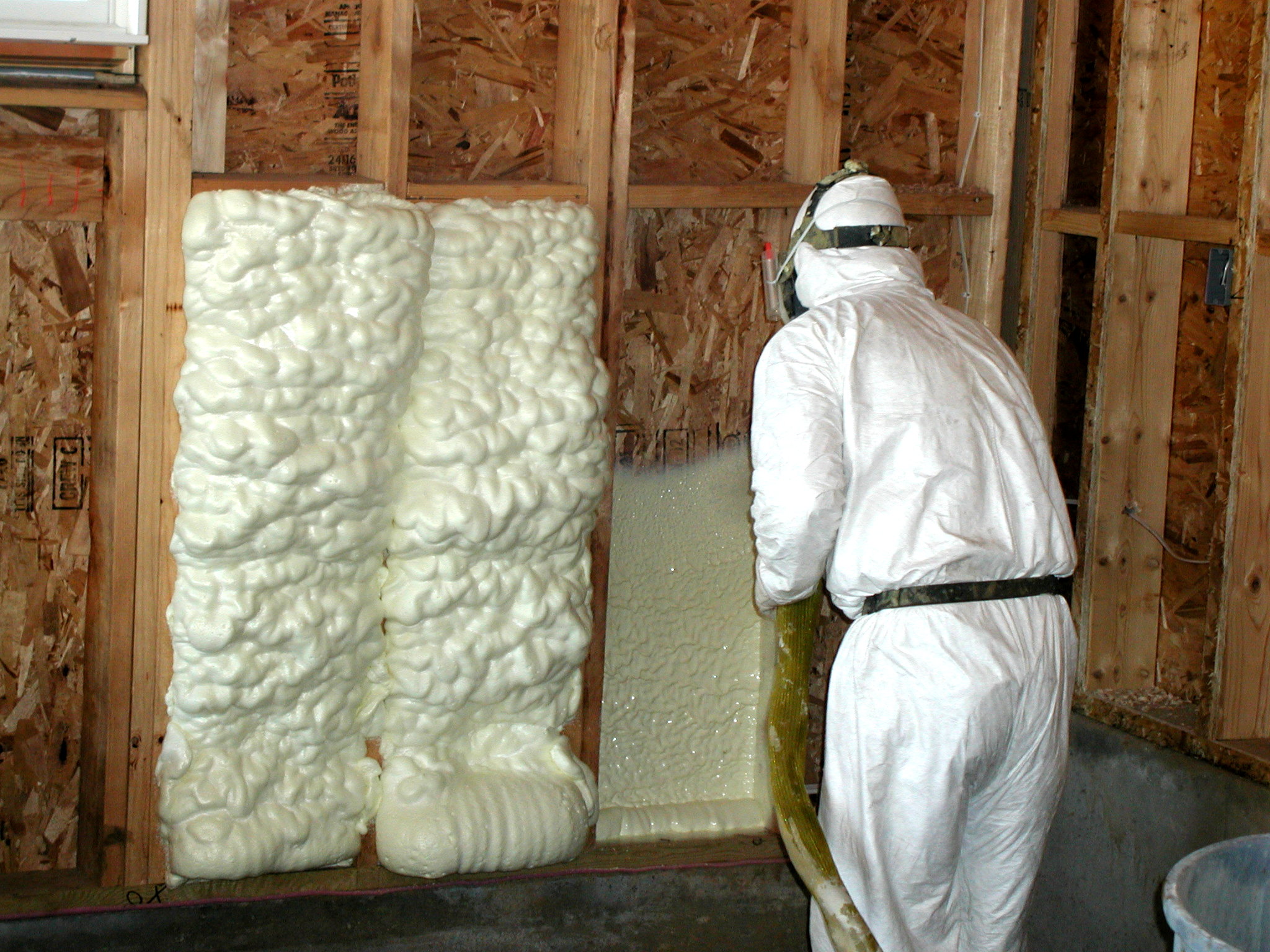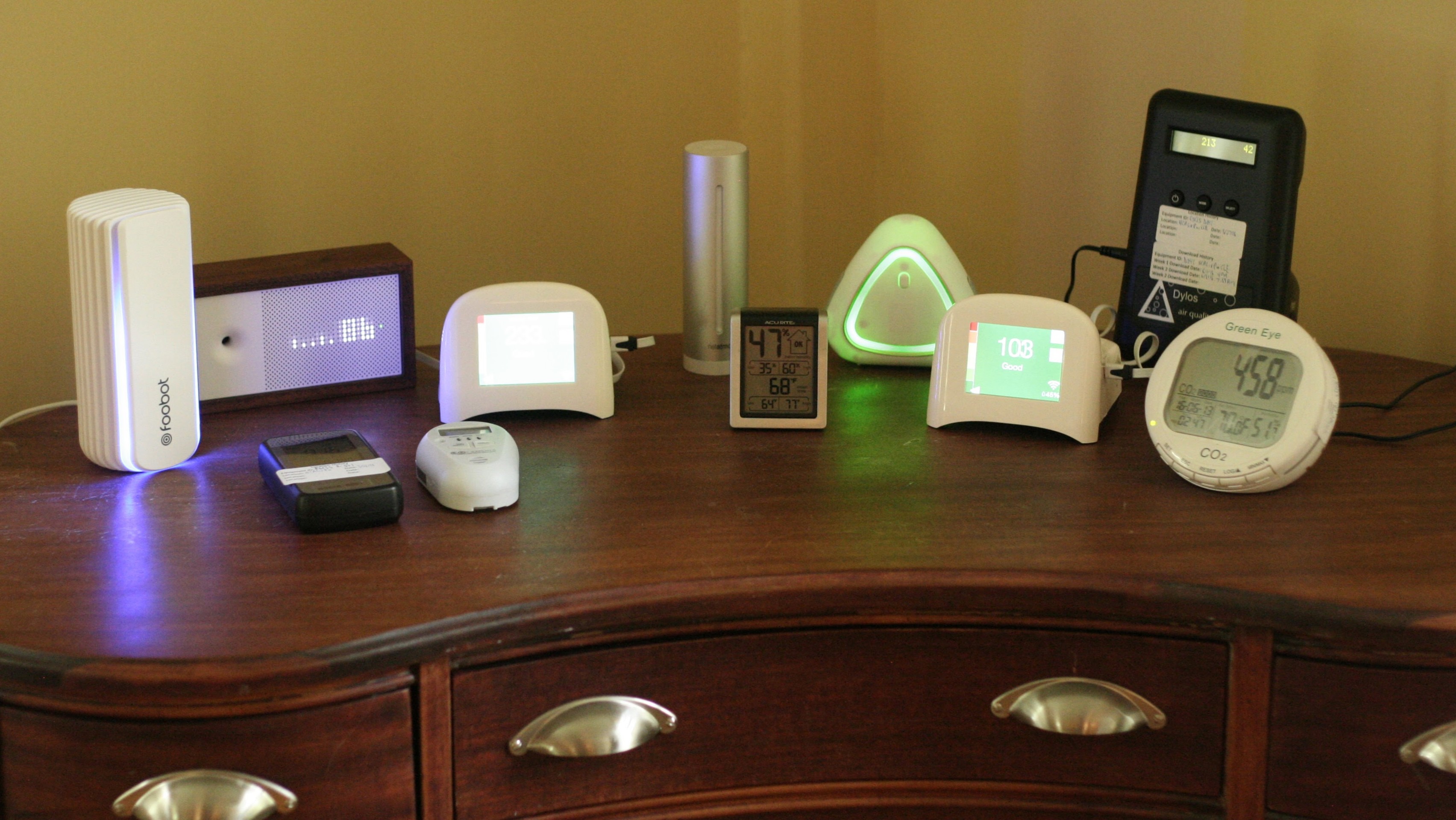Stop Lying About Energy Savings! Measure!
Yesterday something came in the mail that ticked me off, an ad that promised thousands in energy savings if you sealed up your garage door. That is completely and totally untrue. You can see the ad above, it’s the line at the bottom that bothers me.
Here are some reasons that is completely untrue:
- The average US household spends $2000 annually on utilities. Is sealing a garage door going to eliminate your gas and electric bill?
- There are no qualifications on what that means. Is that over 3 years or 30 years or 300 years?
- Most garages aren’t heated, so there are no utility savings from sealing up the garage.
- Nobody actually measures this stuff. Where are the measurements? Where is the rigor?
I’ve been through over 1000 homes, and I would guesstimate that 5% at the most heat their garage all winter. More people have heaters, to be sure, but either don’t use them or use them a few times a year to wash their cars or change oil in the winter.
OK, maybe a tiny, tiny bit from the heat leaking through the wall of the house if it is an attached garage. $10/year maybe. Tops. You’re still off by 2 orders of magnitude. If you fall for that, I want to borrow $2000 from you and pay you back $10 and call it good. If we have a deal on that, send me an email at nate@energysmartohio.com…
The curse is, they do have real benefits to pitch. If you get mice in your garage, this will help keep them out. If you feel drafts in your garage when you work in there, it will reduce them. It will warm your garage up a bit during the winter so the snow melts off your car better. No more slamming when your garage door closes. Lots of little things they can pitch. Why ‘thousands in savings’?
The Real Problem
What really bothers me about this is that claims like this make energy savings claims look farcical. It’s not a farce. There are some people like me that legitimately understand how to save energy, can predict it with some accuracy, and actually measure afterwards to see if my promises materialized. Stuff like this makes me look like a liar along with this garage door company.
The window industry was claiming up to 50% energy savings from replacement windows. The FTC sued them to stop doing that. According to Michael Blasnik, one of the big data guys in my world, replacement windows save 2-7% in energy.1 This is the same thing. Stop making claims you can’t back up. Cigarettes used to be advertised as being good for digestion. This is the same deal. Stop doing it. It is a very low integrity move, we can be better than that. End rant.
OK, time for the pitch:
If you actually DO want to find out what saves energy in your home, Energy Smart can help.2 Our process builds an energy model trued to your actual energy bills, not the ones this garage door company used to come up with a bogus claim. We build complete improvement packages and show you, with pretty good accuracy (+/- 15%), how much you are likely to save on your energy bills. By the way, those savings are usually less than $1000/year, and often less than $500/yr, depending on how much opportunity your home has. Those are real numbers. Grab a heating bill and use this calculator to see where your opportunity lies.
If this sounds intriguing, Needs and Opportunity visits are only $99, and you can get $50 off by filling out this questionnaire that saves both of us time.
Like what you read and just want to follow us? Like our Facebook page or follow us on Twitter. Fair warning, we get geeky on Twitter.
1 See the bottom right slide on page 20 for the window savings.
2 Saving energy is really secondary, though, we want to fix problems in your home like rooms or floors that are too hot or cold, big icicles in winter, dry skin, and more. If you fix a house and fix those problems, energy savings comes with it.
Get the HVAC Guide

It's free! Make buying a new furnace, air conditioner, or heat pump less stressful.










